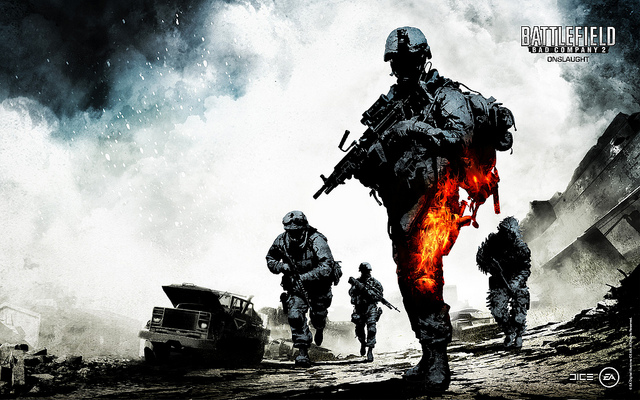[For articles on the “Sabbath of Tetsaveh" in Hebrew, click here]

Rabbi Dr. Yossi Feintuch was born in Afula and holds a Ph.D. in American history from Emory University in Atlanta. He taught American history at Ben-Gurion University.
Author of the book US Policy on Jerusalem (JCCO).
He now serves as rabbi at the Jewish Center in central Oregon. (JCCO).
* * *
‘’Now, you command the children of Israel that they may fetch your olive oil, clear, beaten, for the light to draw up a lamp-wick, regularly’'. This is the opening verse with which the Tetsaveh Torah portion starts. The word ‘’you’’ uncharacteristically precedes the word ‘’command’’. By comparison, in the Levitical portion of Tsav which essentially means the same as Tetsaveh God’s charges Moses to command without prefacing it with ‘’you’’ – what could be the significance of ‘’you’’ before ‘’command’’? It has been suggested that Moses, the commanding leader should first command himself before commanding others, here, and elsewhere; no commanding may issue forth unless Moses first commanded himself, or was the first to walk his talk.
This idea of first commanding or admonishing oneself before addressing others to do the same may be reflected in the way that Abel brought his offerings to God, following Cain’s offering ‘’from the fruit of the soil’’; a gift that God ‘’had no regard’’ for. What might explain why God regarded Abel’s gift is that ‘’Abel brought he too’’ besides offering ‘’from the firstborn of his flock, from their fat-parts’’. This wording (as it appears in the Hebrew) may suggest that Abel made his gift soulfully by embedding his all being into his gift, hence, ''he too''; he did not only ‘’cut a check’’ for God, like Cain did, but did so by focusing profoundly on the meaning behind his gift. Namely, Abel himself was in the gift.
Similarly, a military commander should only order his troops to carry out a command that he himself is directly involved in its execution, like King Saul and sons who personally led the Israelites in a war with the Philistines on Mt. Gilboa, or like D'vorah did before against the Canaanites. This idea has become an enshrined principle in the Israel Defense forces whose commanding officers order their troops with: ''Follow me'', rather than merely ''Onward'' (while staying themselves behind).
This concept of being the first one to abide by the rules that a leader charts out for his constituency to follow is similarly deduced elsewhere in the Torah when God tells Moses: ‘’Judges and officials you are to provide for yourself, within all your gates’’. ''For yourself'' seems redundant and unnecessary in this context unless it means that before the judges and (police) officers begin to operate among the people, they are to judge and enforce the law beginning with you as their leader. Herein too we see another evidence, albeit subtle, of leaders who lead by first subjecting themselves to the same laws they expect others to follow.
On another matter, though this weekly portion charges the Priests concerning the two daily communal animal offerings we take note that the eternal light that was to be fueled by the people’s gift of olive oil was the very first ritual act that preceded the animal offering; the significance of this order in the ceremonial protocol of the Sanctuary must not be lost. Light precedes animal offerings; it was the very first communal offering in the Sanctuary (or Tent of Appointment), where animal offerings were to follow later. This idea is reflected in Samuel words to King Saul: ''Does the Eternal One have a great delight in burnt-offerings and sacrifices, as in hearkening to the voice of The One?'' Or in Hosea's: "For I desire kindness, not sacrifice, and knowledge of God more than burnt-offerings''

![[Picture: The word ‘’you’’ uncharacteristically precedes the word ‘’command’’... Free Image - CC0 Creative Commons - Designed and Uploaded by Memphis CVB to Flickr]](https://www.xn--7dbl2a.com/wp-content/uploads/2022/02/אתה-1.jpg)
![[Picture: The word ‘’you’’ uncharacteristically precedes the word ‘’command’’... Free Image - CC0 Creative Commons - Designed and Uploaded by Tumisu to Pixabay]](https://www.xn--7dbl2a.com/wp-content/uploads/2022/02/אתה.jpg)




